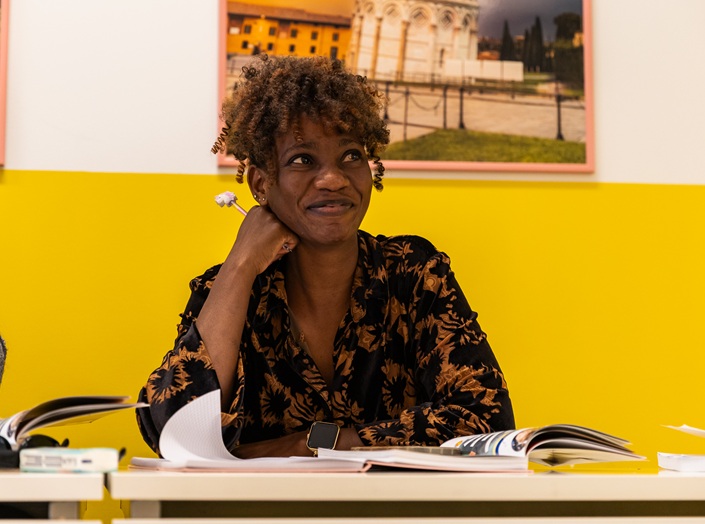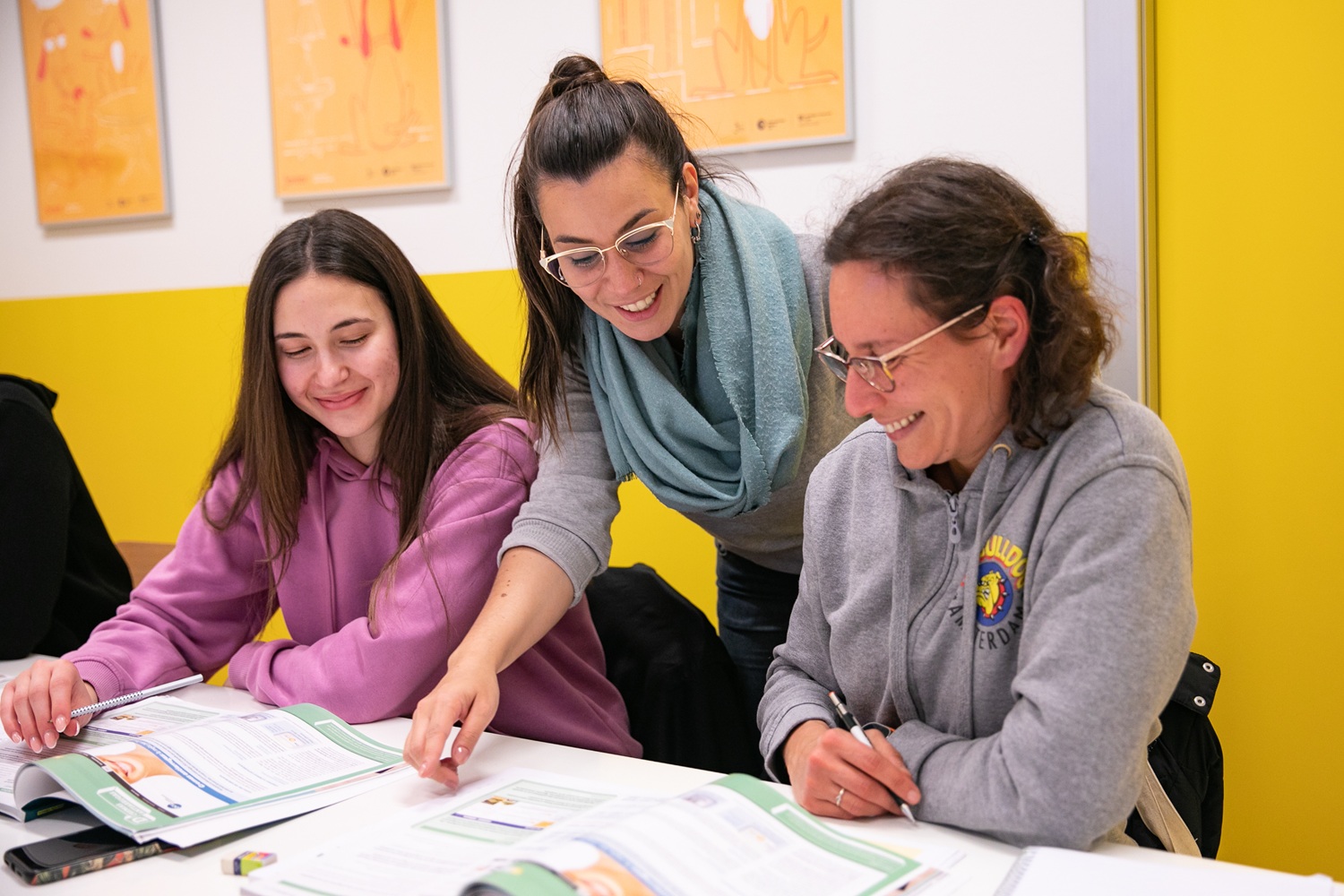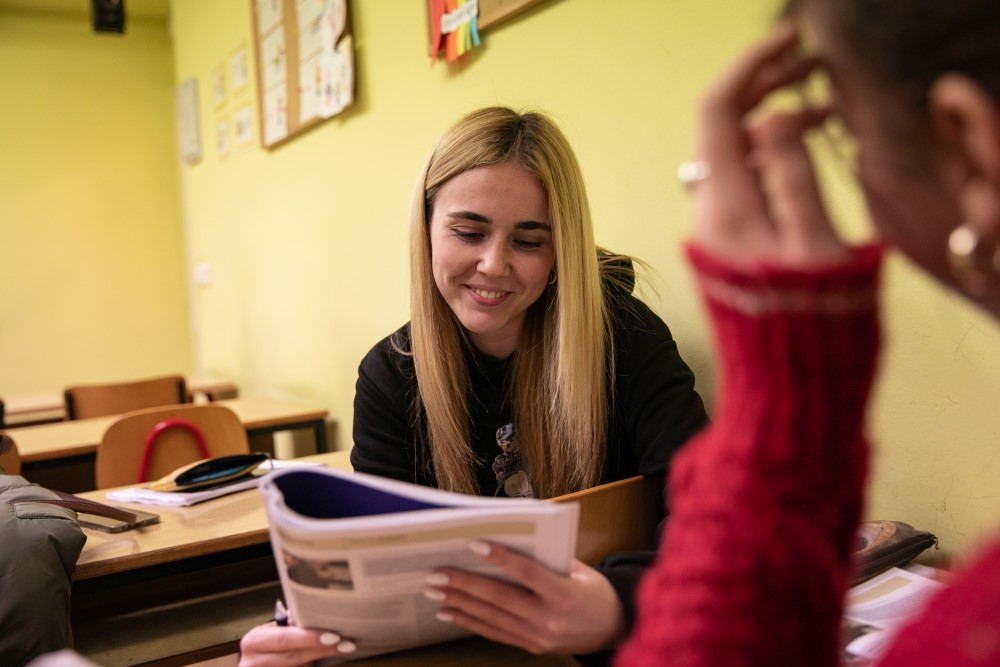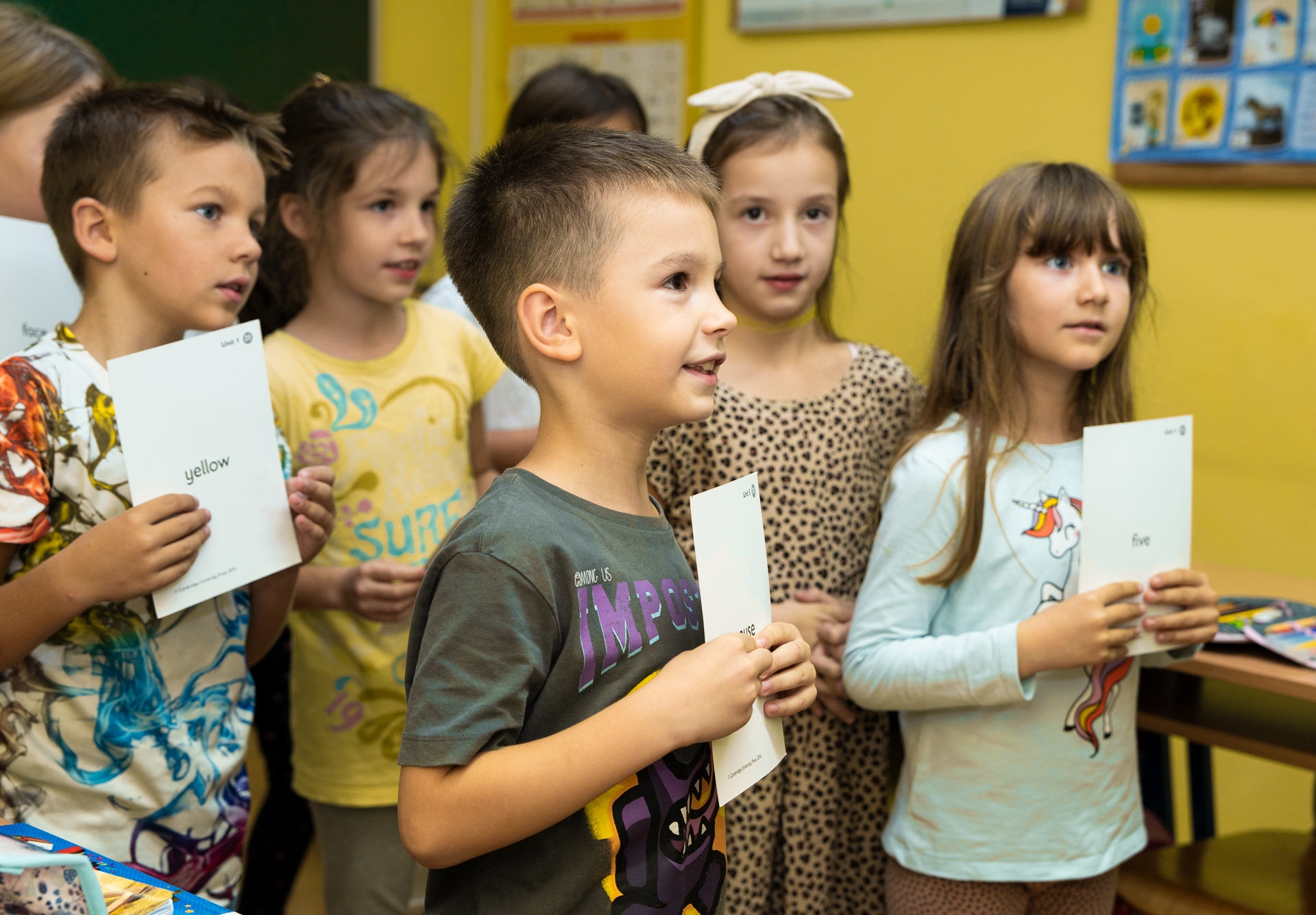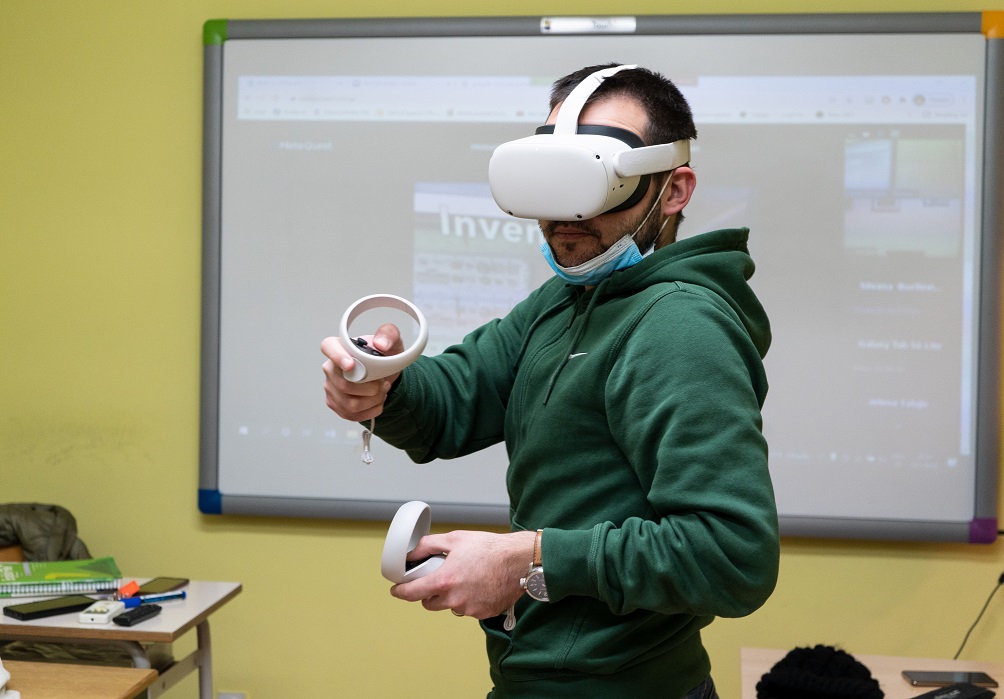
School activities
Jantar students completed VR4LL piloting activities
During December 2021 and January 2022, total of 57 Jantar students participated in the piloting of our Erasmus KA2 project Virtual Reality for Language Learning (VR4LL). Our B1 and B2 students of English, Italian and German language had a chance to practice their communication skills in the virtual setting of the International Space Station through escape room type activities.
Piloting is one of the final project activities, conducted within project partner countries (Croatia, Bulgaria, Romania and Spain). Due to the high interest of language schools for our project results, several associated partners joined our piloting event, including International House Palermo and British School Pisa from Italy. In the next phase we will analyze piloting results and data will be used to establish the framework for final fine-tuning of software components.
After participating in piloting activities, participants were provided with a feedback form to express their satisfaction with the use of VR technology in the classroom. Results are displayed in graphical view below. 57% of students gave highest possible satisfaction rating (5/5) while 24% gave the rating of 4/5. In other words, more than 80% of students expressed very high level of satisfaction when conducting VR activities.
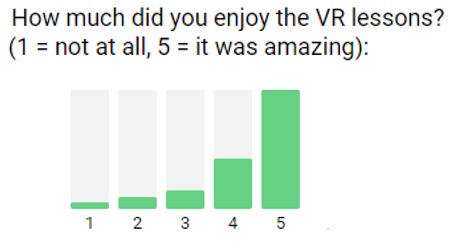 Feedback about the ease-of-use of VR technology paints a slightly different picture, which is expected considering this is very novel technology and most students never had experience with it in the past. Nevertheless, 60% of students gave a 4/5 or 5/5 rating indicating no problems with the technology itself. 24% provided a 3/5 rating, indicating some potential issues, while 16% provided either 1/5 or 2/5 rating, indicating they had difficulties using the technology. Additional research (in form of interviews) indicated that most problems arise with the use of joystick and its use for movement inside the virtual worlds. This problem is mostly present with population aged 50+ or users with no previous experience in using similar products, mostly present in the gaming world.
Feedback about the ease-of-use of VR technology paints a slightly different picture, which is expected considering this is very novel technology and most students never had experience with it in the past. Nevertheless, 60% of students gave a 4/5 or 5/5 rating indicating no problems with the technology itself. 24% provided a 3/5 rating, indicating some potential issues, while 16% provided either 1/5 or 2/5 rating, indicating they had difficulties using the technology. Additional research (in form of interviews) indicated that most problems arise with the use of joystick and its use for movement inside the virtual worlds. This problem is mostly present with population aged 50+ or users with no previous experience in using similar products, mostly present in the gaming world.
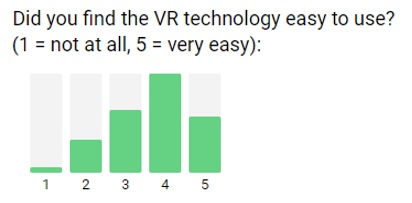
The most relevant indicator for our piloting results is related to students’ perception about learning potential of VR4LL. In this case, only 13% of students feel like there was no or very little improvement in their language competences with using VR4LL. Further analysis of individual feedback forms indicates that this is related to the same students who had difficulties in using the technology itself. The remaining 87% of students provided a rating of 3/5 – 5/5 indicating that they feel their language competences were improved as a result of participation in VR activities.
Further analysis shows that most students believe they improved their vocabulary (24%), listening (22%) and speaking (16%) skills, while relevant 15% believe that the greatest benefit of VR4LL is increased motivation for learning. We would like to emphasize that this is self-evaluation, while we can measure the actual impact on learning aims and outcomes by analyzing entry and exit tests provided to participating students. These will be analyzed once all piloting activities are completed in all participating countries and organizations.
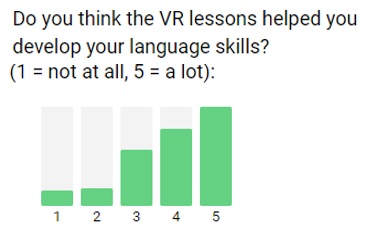
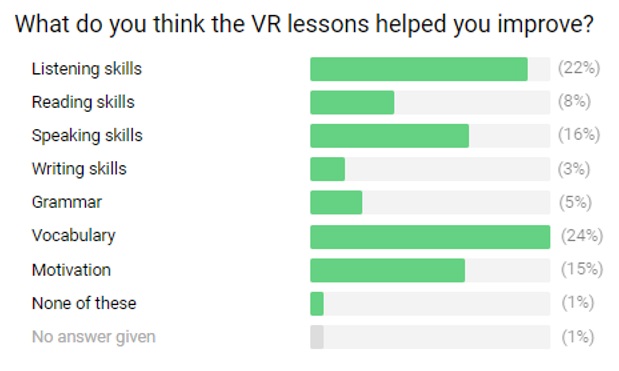 Considering this piloting was the very first attempt of implementing this kind of VR technology in language classrooms, we can safely say that we are very happy with the result and motivated to continue our development. If we can secure further financing of our project, our aim is to introduce the possibility of multiple students inside VR worlds at the same time.
Considering this piloting was the very first attempt of implementing this kind of VR technology in language classrooms, we can safely say that we are very happy with the result and motivated to continue our development. If we can secure further financing of our project, our aim is to introduce the possibility of multiple students inside VR worlds at the same time.
